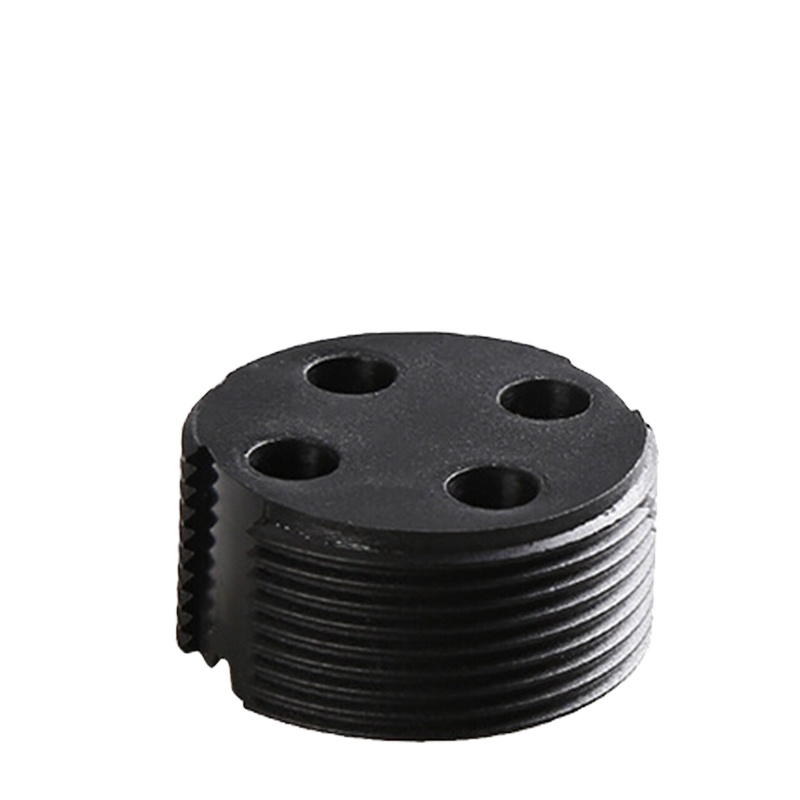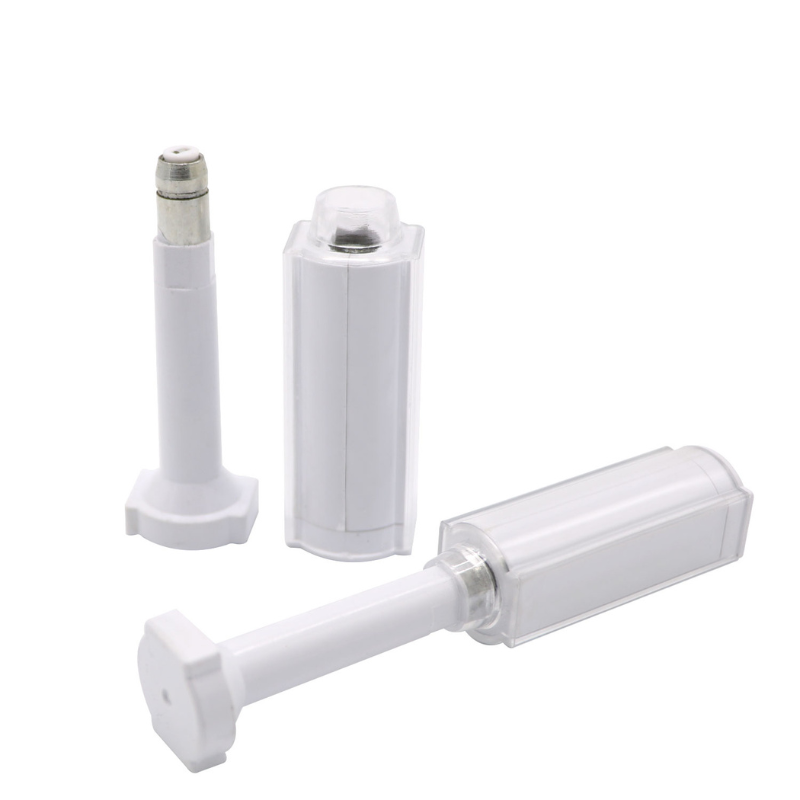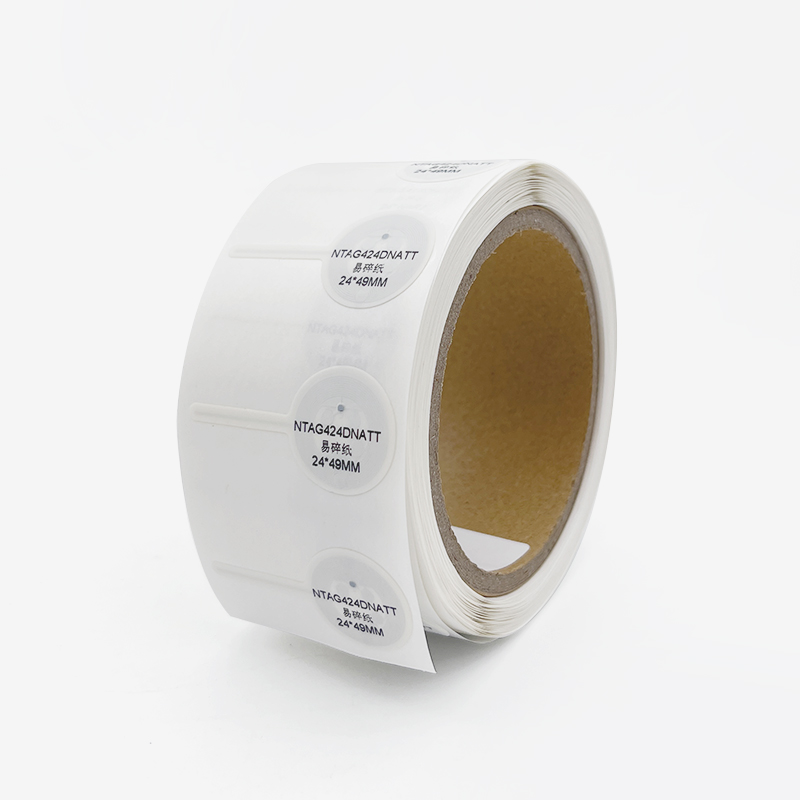
RFID Technology: Revolutionizing Industries and Driving the Future
Table of Contents
Summary
Its ability to wirelessly transfer data without physical contact has made it a valuable tool in reducing labor and time costs. As industries continue to explore new applications, RFID is set to become a trillion-dollar industry, driving efficiency and automation to new heights.
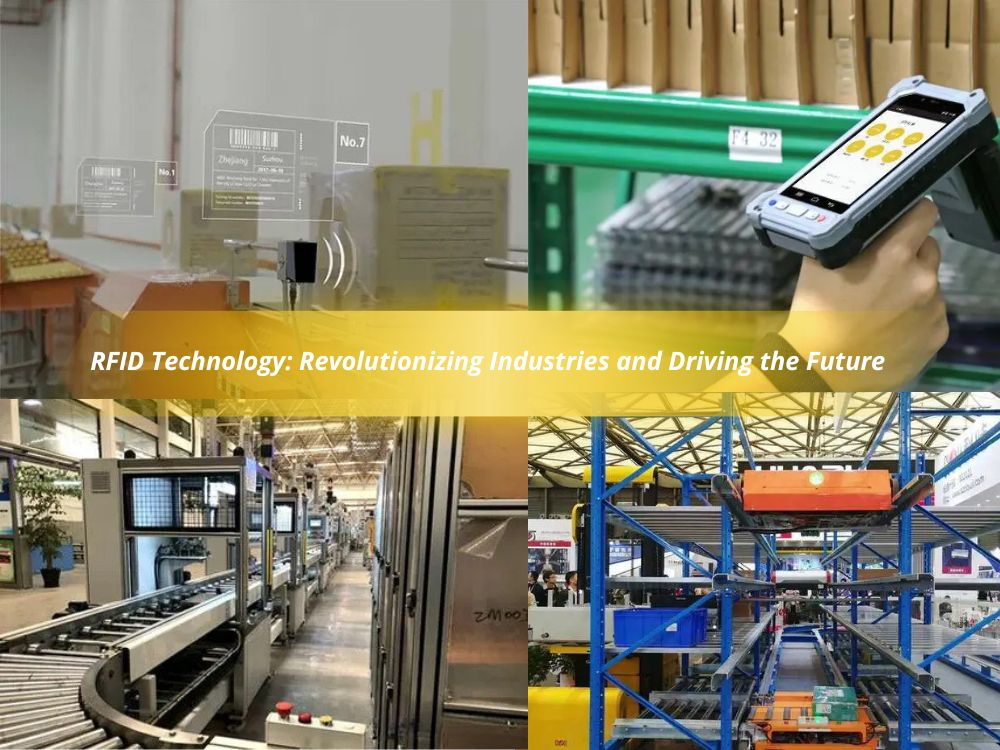
Expanding Applications of RFID
RFID technology has found its way into various sectors, including retail, healthcare, transportation, and more. In retail, companies like Walmart have leveraged RFID to streamline operations, saving billions annually. The healthcare industry uses RFID to improve patient care and equipment management, while transportation systems benefit from RFID-enabled toll collection and access control.
Table 1: Key RFID Applications Across Industries
Industry | RFID Application | Benefits |
Retail | Inventory management, self-checkout | Reduces labor costs, enhances accuracy |
Healthcare | Patient tracking, medication administration | Improves patient safety, streamlines operations |
Transportation | Electronic toll collection, fleet management | Increases efficiency, reduces manual intervention |
Access Control | Office entry systems, metro cards | Enhances security, simplifies access |
Pioneering RFID Innovations
One of the key drivers of RFID’s growth is the continuous innovation within the technology. Taiwanese inventor Bing Xuan Li has significantly advanced RFID with his patented BT Tag Bluetooth digital label. This technology enhances the capability of RFID systems, particularly in the transportation industry, by enabling precise data encoding and seamless communication, even in challenging environments.
RFID in the Transportation Sector
The U.S. transportation industry, with its vast network of trailers and complex regulations, stands to benefit greatly from RFID advancements. Bing Xuan Li’s BT Tag technology addresses common challenges, such as signal interference from metallic window tinting in electric vehicles. By integrating this technology with smartphones, accurate toll collection and fleet management become more efficient, reducing operational costs and improving compliance with government regulations.
BT Tag Bluetooth Digital Label: A Game-Changer for Fleet Management
The BT Tag Bluetooth label not only improves toll collection but also enhances fleet management for logistics operators. By embedding critical vehicle information into the tag, operators can ensure that all regulatory requirements are met, streamlining operations and reducing the need for manual inspections.
Future Prospects: RFID in Smart Cities
As RFID technology continues to evolve, its role in the development of smart cities becomes increasingly important. The ability to track and manage vehicles, streamline transportation systems, and reduce energy consumption aligns with the goals of creating more efficient, sustainable urban environments. The adoption of advanced RFID systems, such as the BT Tag, represents a crucial step in this transformation.
Electroscopic Display License Plates: Enhancing Vehicle Identification
Bing Xuan Li’s patented electroscopic display license plate technology further extends RFID’s potential. This innovation allows vehicles to switch between different national or state plates, reducing wait times at borders and inspection points. The seamless integration of such technologies not only enhances efficiency but also contributes to the broader goals of smart city development.
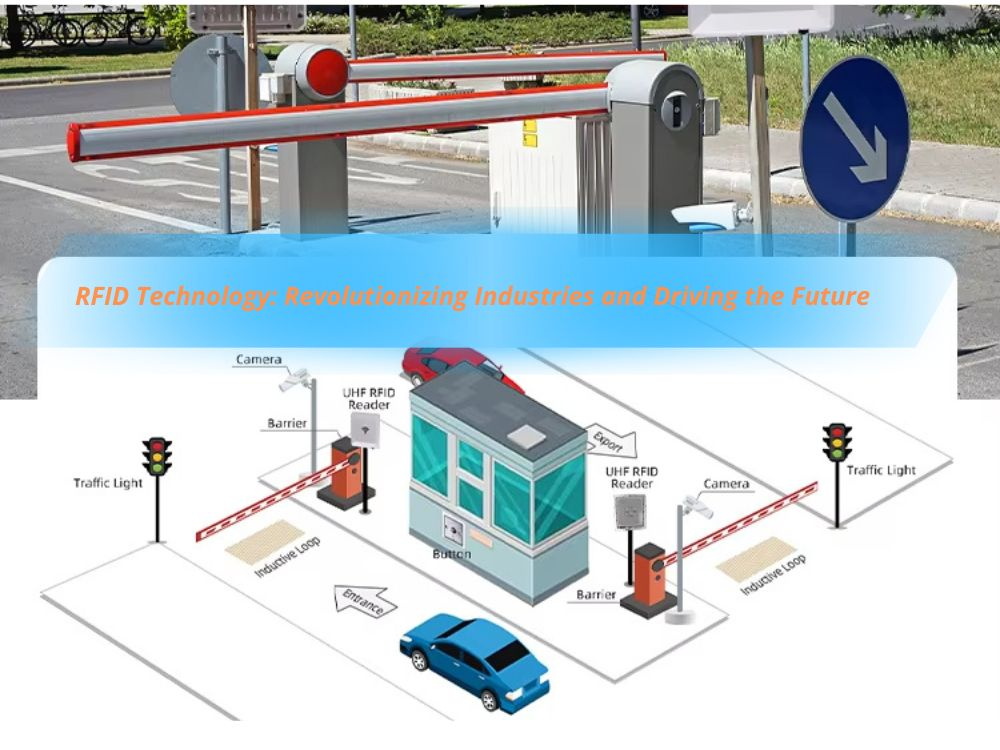
Conclusion
RFID technology, with its expanding range of applications and continuous innovations, is poised to become a critical component of future industries. As companies like those led by Bing Xuan Li push the boundaries of what RFID can achieve, the potential for this technology to reshape industries and drive economic growth becomes increasingly clear. The integration of RFID into transportation, healthcare, retail, and smart cities marks the beginning of a new era of efficiency and automation.
Comments
Hot Products
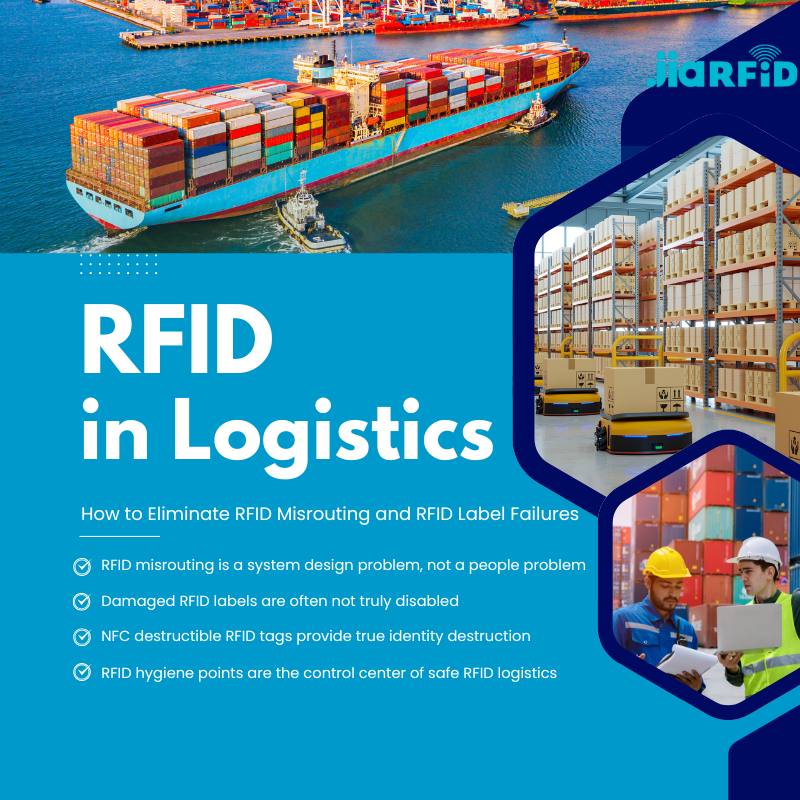
RFID in Logistics: How to Eliminate RFID Misrouting and RFID Label Failures
RFID in logistics is more than just a tool to speed up processes. It has become a key part of how modern supply chains operate.
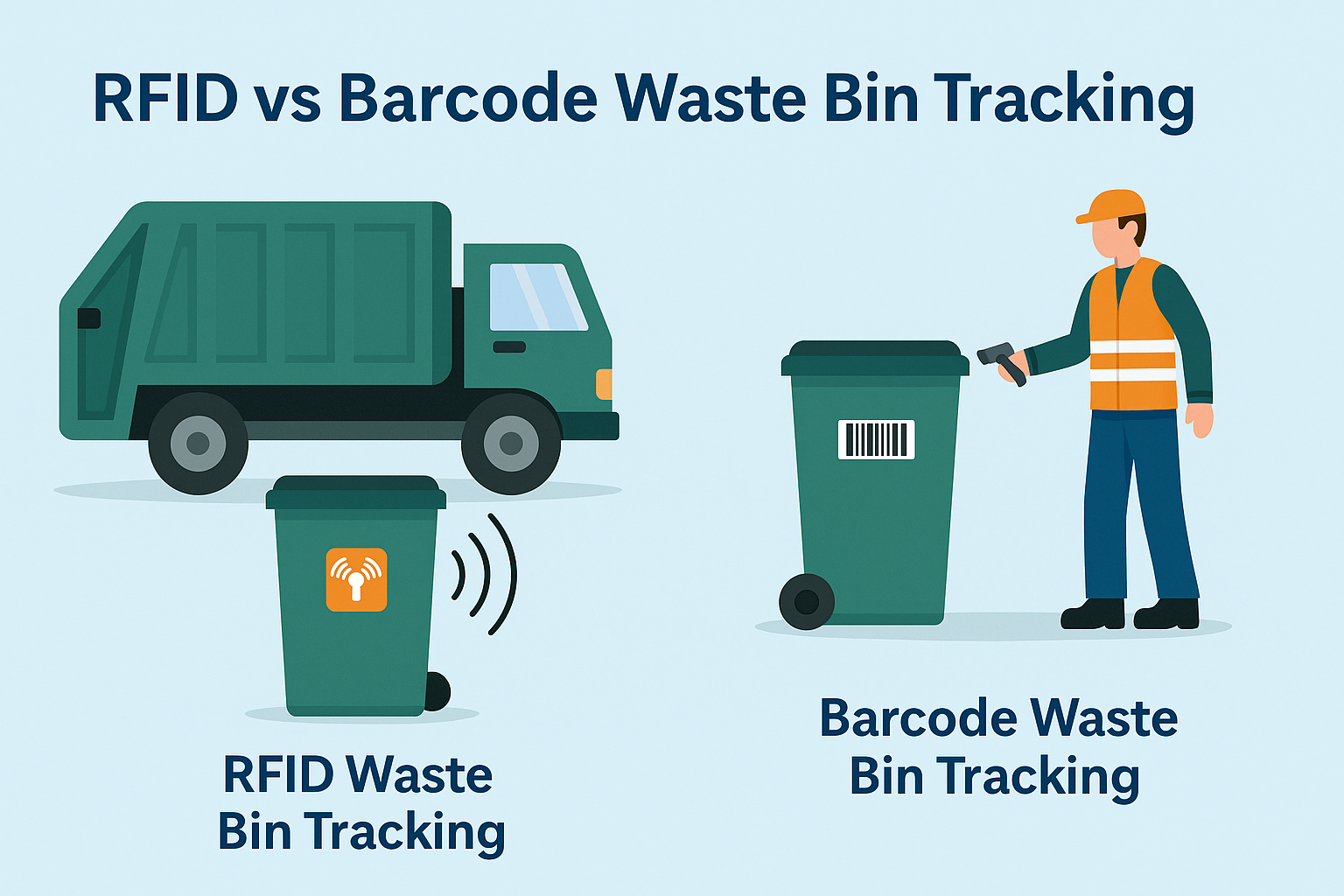
What Is RFID Waste Management
Imagine a city where every trash bin speaks — not literally — but through a tiny chip that tells the system when it’s full, when it’s emptied, and where it went. That’s what RFID waste management is doing today.
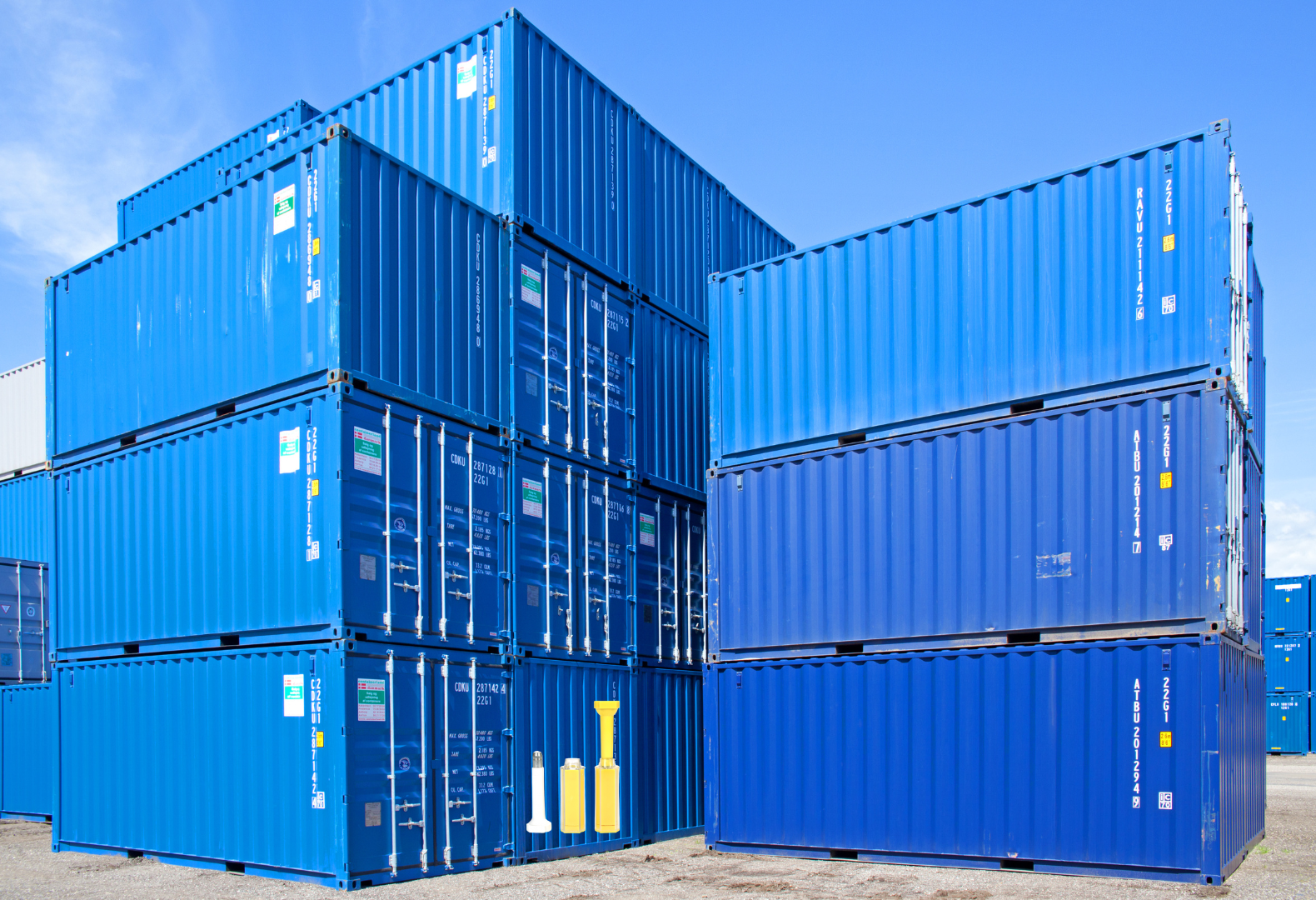
What are Bolt Seals and their Applications? | Complete Guide
In global trade and logistics, bolt seals play a crucial role in ensuring cargo security and compliance. These small but powerful devices are designed to lock shipping containers, trailers, and cargo doors with a tamper-evident mechanism.
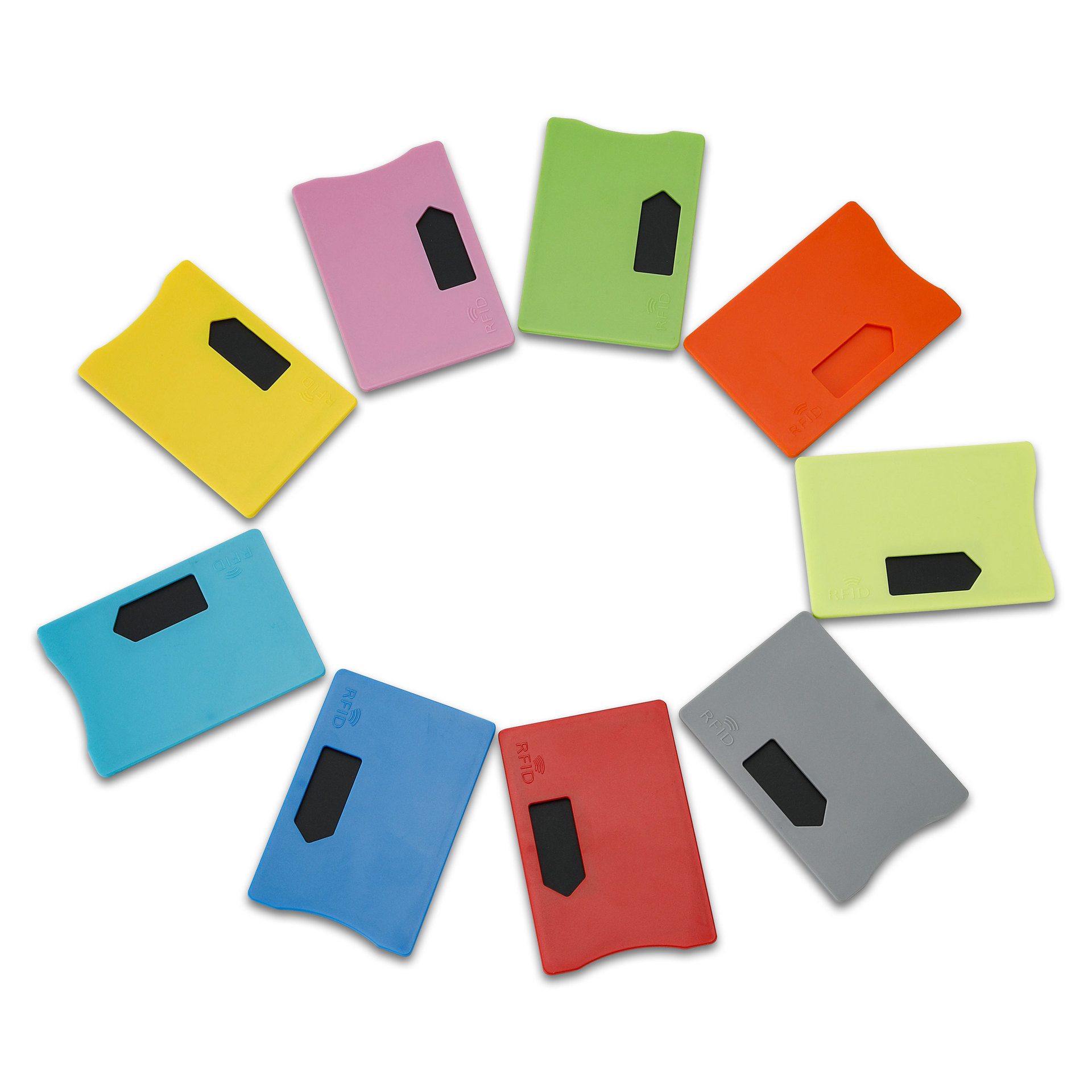
What is an RFID Card Protector? Benefits, Use Cases, and Buying Guide
RFID technology (Radio Frequency Identification) is everywhere: in your credit cards, ID badges, transit passes, hotel room keys, and more. It offers speed and convenience, but it also opens the door to a new kind of digital theft called “skimming.” That’s where an RFID card protector comes in.

RFID Wristbands for Events: Bulk Buying Guide for Organizers
RFID wristbands for events are becoming the go-to solution for organizers who need faster entry, fraud prevention, and cashless payments at concerts, festivals, and sports venues. Unlike paper tickets or QR codes, these smart wristbands use embedded chips to streamline access, secure transactions, and improve the guest experience.
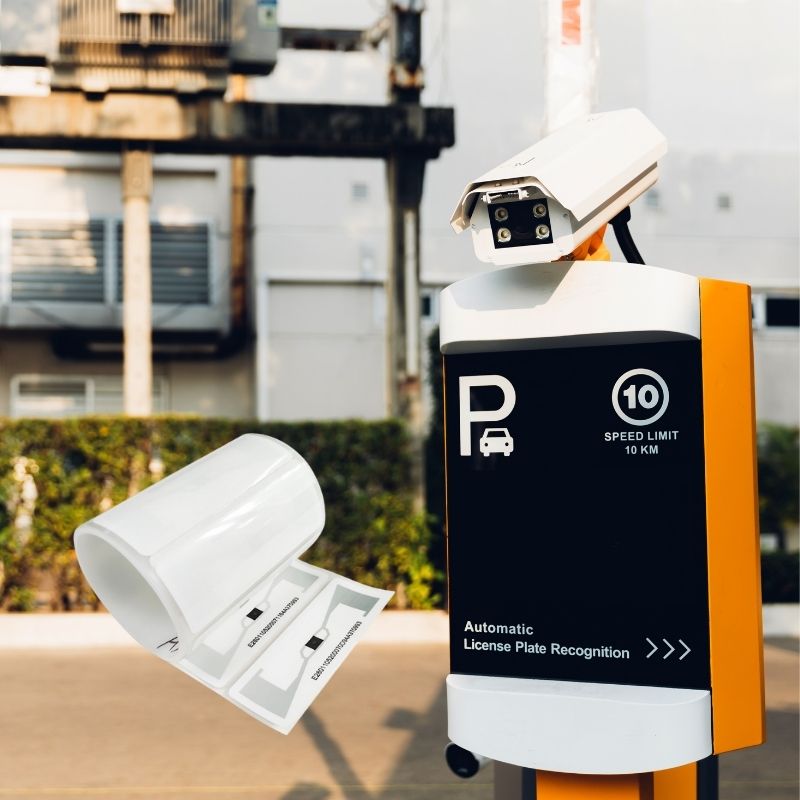
How RFID Tag on Windscreen Improves Vehicle Access Control and Toll Systems
In today’s fast-paced world, vehicle identification needs to be quick, secure, and contactless. An RFID Tag on the Windscreen provides exactly that — a reliable way to manage toll collection, parking, and gated access without stopping vehicles.
Tags
RELATED BLOGS

RFID in Logistics: How to Eliminate RFID Misrouting and RFID Label Failures
RFID in logistics is more than just a tool to speed up processes. It has become a key part of how modern supply chains operate.

What Is RFID Waste Management
Imagine a city where every trash bin speaks — not literally — but through a tiny chip that tells the system when it’s full, when it’s emptied, and where it went. That’s what RFID waste management is doing today.

What are Bolt Seals and their Applications? | Complete Guide
In global trade and logistics, bolt seals play a crucial role in ensuring cargo security and compliance. These small but powerful devices are designed to lock shipping containers, trailers, and cargo doors with a tamper-evident mechanism.


